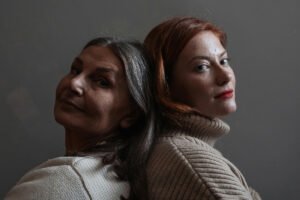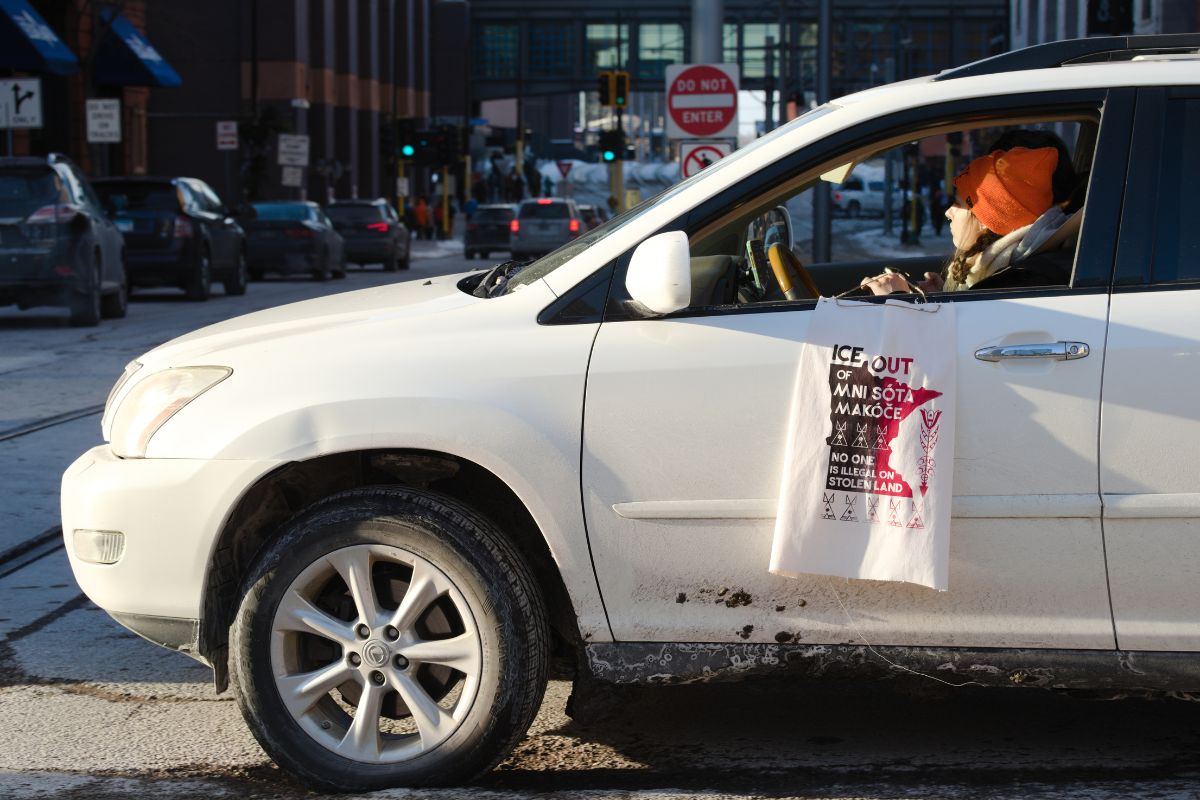
October 24, 2020; Valley News (Upper Valley, NH and VT)
Numbered among the many nonprofits with congregate sites affected by the COVID-19 pandemic are senior centers. According to a 2012 report from the National Council on Aging, there are nearly 11,000 senior centers around the country, serving more than a million older adults every day. Offering meals, health and fitness, transportation, and recreational activities, senior centers are recognized for helping older adults delay the onset of chronic disease, while improving seniors’ physical, social, and economic well-being. (Senior centers have also been called a frontline in the battle against hunger.)
When the pandemic hit in March 2020, senior centers were shut down, along with movie theaters, gyms, schools, restaurants, and more. In some states, many of these facilities are reopening, but with mixed results. The stories about senior centers across the country are varied—some hopeful, some bleak.
A perfect example is a story that comes out of Vermont, as reported in the Valley News. The writer, Liz Sauchelli, reports that the Oxbow Senior Independence Program in Newbury will close permanently after more than 30 years in operation. Although they were receiving COVID-19 relief funds, the board decided there simply were not enough people participating. Apparently, Vermont is allowing senior centers to open, but this program is located inside a senior living facility, and the board recognized that re-opening would simply put too many people at risk.
Sign up for our free newsletters
Subscribe to NPQ's newsletters to have our top stories delivered directly to your inbox.
By signing up, you agree to our privacy policy and terms of use, and to receive messages from NPQ and our partners.
On the other hand, Scotland House in Quechee is making plans to reopen. It will be at less than half capacity because of state regulations. Only people who are at lower risk, can wear face masks, and can understand and follow social distancing protocols will be allowed into the facility.
The National Institute of Senior Centers, a program of the National Council on Aging, offers on its website an array of COVID-19 resources for senior centers. The institute says that almost 77 percent of senior centers that participated in a study are closed with some staff reporting, and another 19 percent have no staff reporting. Many of the services they provide for older adults have ceased. Reports from around the country demonstrate the different experiences older adults and senior centers are having:
- The Intelligencer in Ohio reported recently that centers in Belmont County, on the eastern edge of the state, are taking it slowly. Although the state has let centers reopen, there are some very specific and costly mandates. Not just staff at the centers, but all 67 employees of the County Health Department would have to be tested every two weeks, at a cost of $150 each. If someone at a center did contract the coronavirus, they would have to demonstrate the person did not get the virus at the center.
- NJ.com reports that in Somerset County in New Jersey, near New York City, classes are being offered virtually. Any person age 60 or older can attend classes except exercise ones, which are reserved for senior registered at a specific center.
- City Limits reports that in New York City, while schools, bars, and barbershops are reopening, the de Blasio administration has not authorized the 287 senior centers to do so, and they may not reopen until 2021. The chair of the City Council Committee on Aging reports they are receiving numerous calls from seniors who are asking when the centers will reopen.
- Many of the concerns expressed are that older adults are at risk of isolation and the emotional stress that brings. A creative response to this comes from Milwaukee; the Milwaukee Journal Sentinel reports on a program that has local artists call “under-connected” older adults weekly; 10 artists and 75 seniors are participating. The program was organized by Anne Basting, a MacArthur Fellow who was recognized in 2016 for her work with older adults. The artists talk with the older adults as they share their life stories. The result will be each artist creating a piece that reflects what they have learned from the older adult: a “legacy gift.” These will be shared in a celebratory Zoom webinar on November 6, 2020. You can access it here.
Zoom works for some programs, like the one in Milwaukee. But it can be hard to address social isolation through Zoom alone. Gretchen Cole, who heads Scotland House, observes that the “need for adult day programming did not go away with COVID, and I think that that’s part of why it is important for us to reopen, but to reopen as safely as we possibly can because we do have an at-risk population.” —Rob Meiksins












